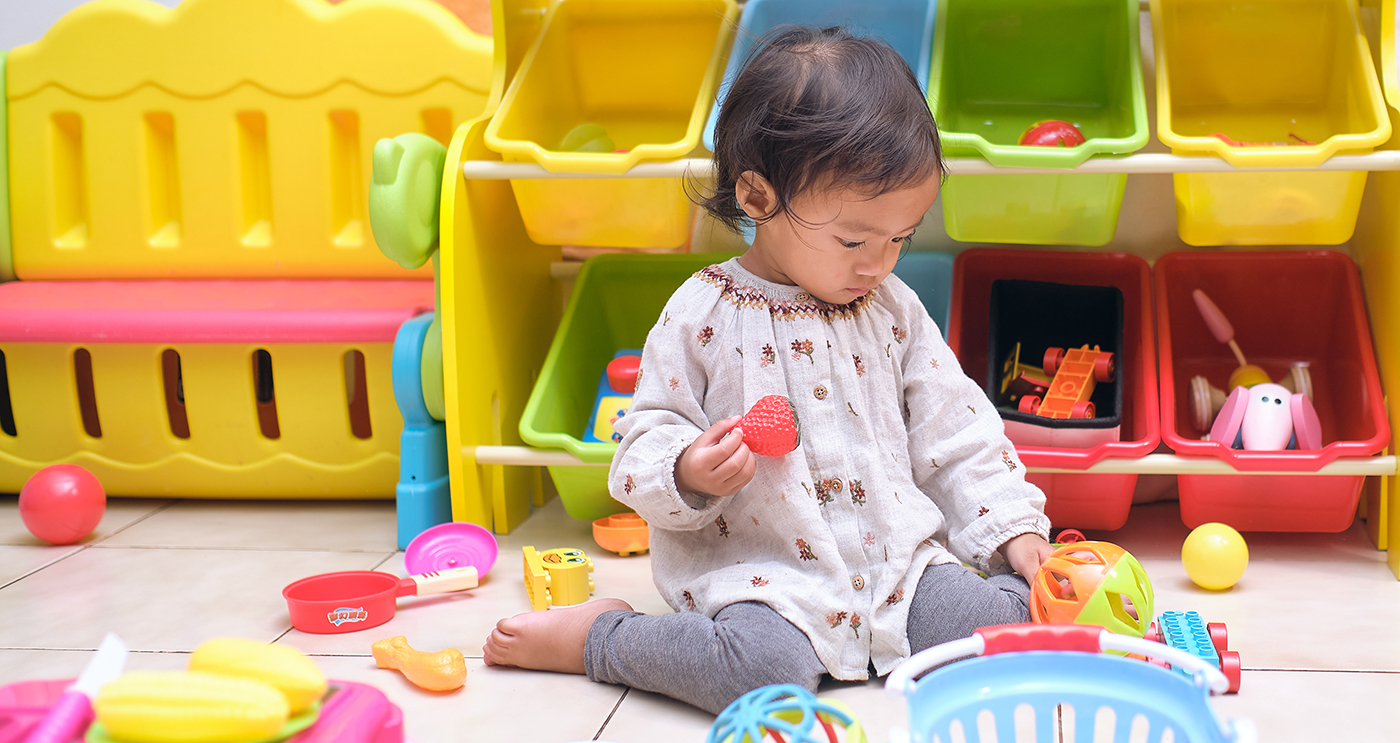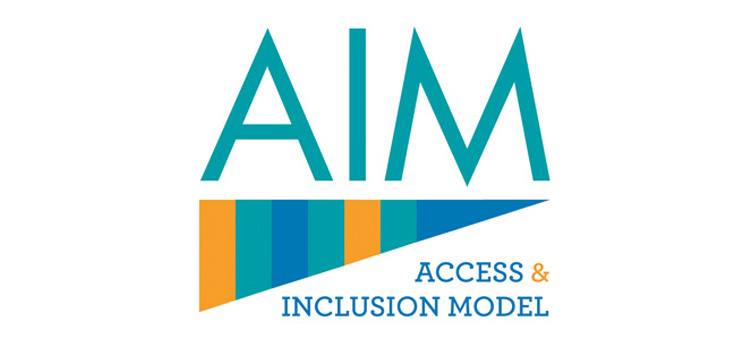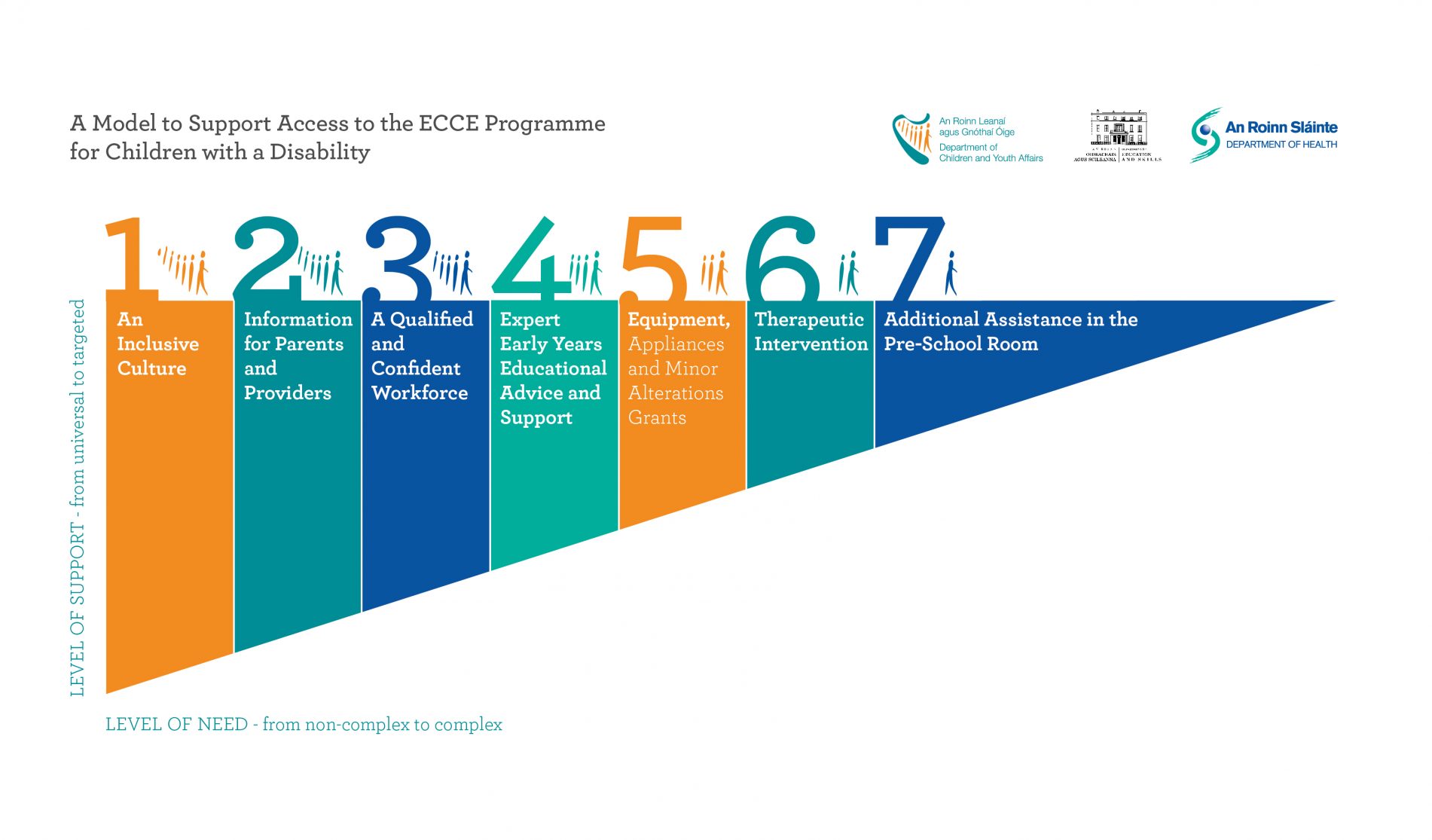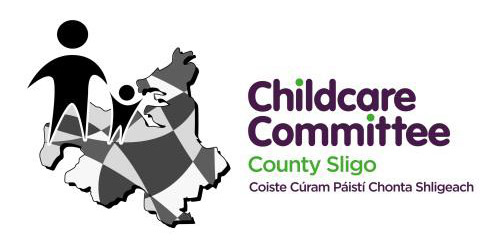
Minister O’Gorman announces plans for €14 million boost in support for
children with a disability accessing early learning and childcare
- Funding for Access and Inclusion Model (AIM) increasing by €14m (32%) in 2024
- This funding is currently supporting around 7,100 children with a disability to
participate in the Early Childhood Care and Education (ECCE) programme, an
increase of almost 900 children from the same period last year - Also, from September 2024, ECCE-enrolled children will be fully supported to
access and participate in early learning and care settings beyond the time they
spend in the ECCE programme – both in term and out of term

Access and Inclusion Model for Pre-school Providers
The Access and Inclusion Model (AIM) is a programme of supports designed to ensure that children with disabilities can access the Early Childhood Care and Education (ECCE) Programme in mainstream pre-school settings. Its goal is to empower pre-school providers to deliver an inclusive pre-school experience, ensuring that every child can meaningfully participate in the ECCE Programme alongside their peers and can reap the benefits of quality early years care and education.
AIM is a child centred model of supports, involving seven levels of progressive support, moving from the universal to the targeted, based on the needs of the individual child and the pre-school setting. It will offer tailored, practical supports based on need and will not require a formal diagnosis of disability.

Levels 1- 3 of the model involve a suite of universal supports designed to promote and support an inclusive culture within pre-school settings using a variety of educational and capacity-building initiatives for pre-school providers and practitioners. International evidence suggests that these supports, when appropriately developed, are sufficient to support many children with disabilities.
Where a pre-school provider, in partnership with a parent, considers that some further additional support may be necessary to meet the needs of a particular child, they can apply for one or more targeted supports under levels 4 – 7 of the model. These supports could take the form of expert early childhood care and educational advice and mentoring (level 4), specialised equipment, appliances and minor alterations (level 5), therapeutic supports (level 6) and additional capitation to fund extra assistance in the ECCE pre-school room (level 7).
More information on both universal and targeted supports is provided below.
Finally, the model applies to all mainstream pre-school settings which are funded through the ECCE programme. In addition to mainstream settings, pre-school services are also offered in special pre-schools and early intervention classes which cater exclusively for children with disabilities. While the underlying vision of AIM is to cater for as many children as possible in mainstream settings, it is recognised that a small number of children will continue to need specialised services.
Universal Supports under AIM
A range of universal supports are provided under levels 1 – 3.
A new Inclusion Charter has been developed for the early years sector. The purpose of the Charter is to demonstrate the sector’s commitment to inclusion. Pre-school providers are invited to sign-up to this Charter by producing and publishing their own Inclusion Policy. To support this process, updated Diversity, Equality and Inclusion Guidelines for Early Childhood Care and Education have been produced and a national training programme on the Inclusion Charter and the Guidelines is being delivered by the City and County Childcare Committees (CCCs). The Charter and Guidelines can be accessed here and details of the training programme will also be advertised on this website and on the websites of all City and County Childcare Committees.
A new higher education programme, “Leadership for Inclusion in Early Years” or LINC, commenced in September 2016. The Department of Children and Youth Affairs fund up to 900 places per annum on this programme. Pre-school settings employing a LINC graduate (who has agreed to take on the role and responsibilities of the Inclusion Co-ordinator) will receive an increase of €2 per child per week in the rate of ECCE capitation payable to that pre-school setting. More information in relation to the role of the Inclusion Co-ordinator can be found in the FAQ and Key Documents sections of this website. For more detailed information in relation to the LINC programme, please visit www.lincprogramme.ie. Finally, a broad multi-annual programme of formal and informal training for pre-school staff in relation to disability and inclusion will be funded by the Department of Children and Youth Affairs and will be delivered by the Early Years Specialists in collaboration with City and County Childcare Committee’s, the HSE and other agencies. For details of this training programme see the News section on this website and on your local City or County Childcare Committees website.
The vision is that, as a result of the above initiatives, an inclusive culture will be fostered across the early years sector with benefits for all children and their families.
Targeted Supports under AIM
Level 4
Under level 4, pre-school providers can access a national service where specialists in early years care and education for children with disabilities can provide expert advice, mentoring and support. To avail of this support, pre-school providers, in partnership with parents, will be asked to complete an online Access and Inclusion Profile. This will look at the strengths, abilities and needs of the child, as well as the strengths and needs of the pre-school setting. The profile will allow the Early Years Specialist to identify what, if any, additional supports might be required to enable the child’s full participation in pre-school.
The degree of support offered by Early Years Specialists will depend on the needs of the child and the pre-school setting. In some cases, this may involve visiting the pre-school and developing an Individual Access and Inclusion Plan for the child within their pre-school setting, in conjunction with the parent and the pre-school provider. It may also involve liaising with HSE health and social care professionals to obtain their input and expertise.
Level 5
Under level 5, a national scheme is available to provide specialised equipment, appliances or capital grants towards minor building alterations, where these are necessary to support access and to facilitate a child’s participation in pre-school. Applications for this scheme should be made by a pre-school provider, in partnership with a parent. In all cases, a short report from a “designated professional” is required confirming that the specialised equipment or minor building alterations are necessary. In the case of applications for minor alterations, quotes will also be required in line with Pobal procurement guidance.
Once an application for equipment is approved, this will be sourced by Pobal and delivered directly to the child’s pre-school setting. Training in the use of the equipment will also be provided. Where an application for minor building alterations is approved, a capital grant towards the cost of these alterations will be made available to the pre-school provider.
Level 6
To avail of level 6 support, pre-school providers, in partnership with parents, should complete the online Access and Inclusion Profile. The Early Years Specialist Service will review the profile and, where therapeutic input is likely to be required, they will initiate contact with the HSE. It should be noted that this support is limited to therapeutic interventions which are critical to a child’s participation in the ECCE programme.
Level 7
Additional Capitation
Where the above supports are not sufficient to meet the needs of the child, pre-school providers, in partnership with parents, can apply for additional capitation to fund extra support in the classroom or to enable the reduction of the staff to child ratio.
Applications for level 7 additional capitation should be made by the pre-school provider, in partnership with the parent, by completing the Access and Inclusion Profile and, within that profile, the level 7 service request. Following this, an Early Years Specialist will be in contact with the pre-school provider to progress the application. Two different rates of level 7 capitation are payable as follows:
- A rate of €130 per week where needs are identified as complex, such that a setting would need to supplement their staffing by approximately 10 additional staff hours per week.
- A rate of €195 per week where needs are identified as highly complex, such that a setting would need to supplement their staffing by approximately 15 hours per week.
Where an application for a level 7 support is approved, Pobal will notify the pre-school provider and the parent of the approval and of the basis on which the capitation is being approved, i.e. the type of support which should be provided on foot of the additional capitation, supervision arrangements etc, taking into account any views expressed by the parent and the pre-school provider. A level 7 capitation can also be approved on a pro rata basis where there is a clear justification for doing so (eg. the child cannot attend the service on a full-time basis or other supports are available on a part-time basis).
Getting Started and Accessing Supports
Where you have agreed to enrol a child in your pre-school and consider that you will need additional support to meet the needs of the child in an inclusive way, you can, in partnership with the parent, apply for supports under AIM.
The AIM application process, in advance of each new pre-school year, will open in May in order to enable the relevant supports to be put in place prior to the child commencing on the ECCE programme in the September. Please note that for some very specialised equipment more time is required.
A telephone support line is also available to you at the following contact (01) 511 7222 from 8am to 6pm Monday to Friday.
Applications can only be made with the full consent of the parent or guardian or carer. A copy of the parental consent form can be viewed here
This form should be printed and signed by the parent or guardian or carer and should then be uploaded and submitted with the completed online application. In providing consent for an application to be made, the parent is also providing consent for information on the application to be shared with relevant professionals involved in processing the application and providing supports under AIM (eg. Early Years Specialist, HSE occupational therapist, Pobal officials).
Where an application for supports has been made, Pobal will process the application and will inform both the parent and the pre-school provider of the decision reached. Where a pre-school provider, in partnership with a parent, is unhappy with the decision reached by Pobal, they can seek a review. More detail in relation to the process of decision making is available at www.pobal.ie.
AIM Resources
The following resources are available on the Early Years Hive at the follow page AIM Resources
- Access and Inclusion Plan – My Inclusion Plan
- Access and Inclusion Profile and Guidance
- AIM Application Acknowledgement
- AIM Level 5 Minor Alterations – Owners Permission Template
- AIM Privacy Notice
- AIM Rules
- AIM Level 7 Compliance
- Better Start Quality Development Service FAQ
- Role of the Inclusion Co-ordinator in relation to AIM
- Safeguarding children and vulnerable adults 2024
- AIM Programme Readiness Checklist

